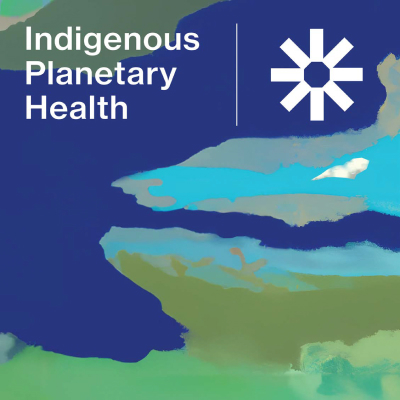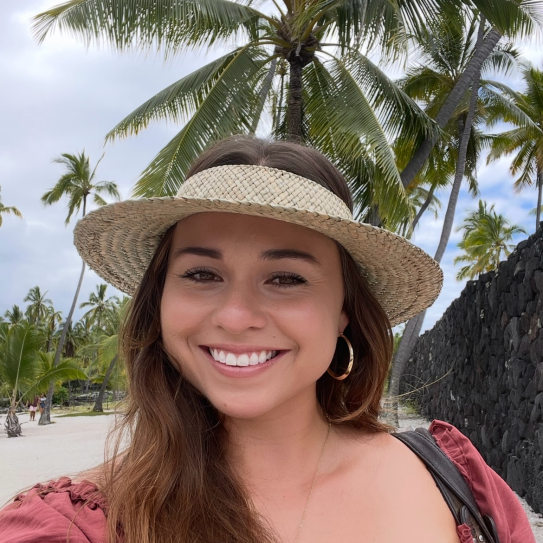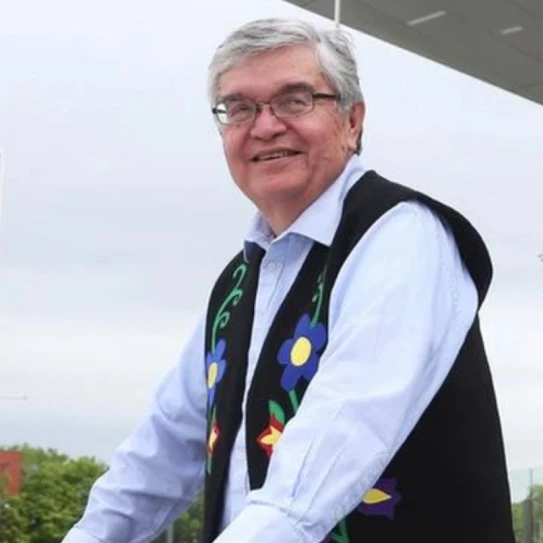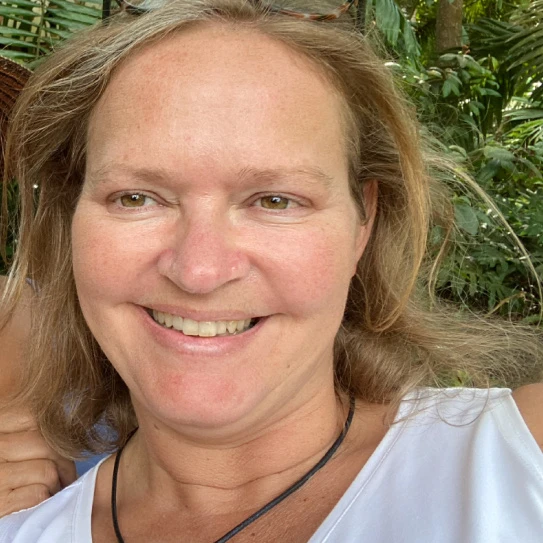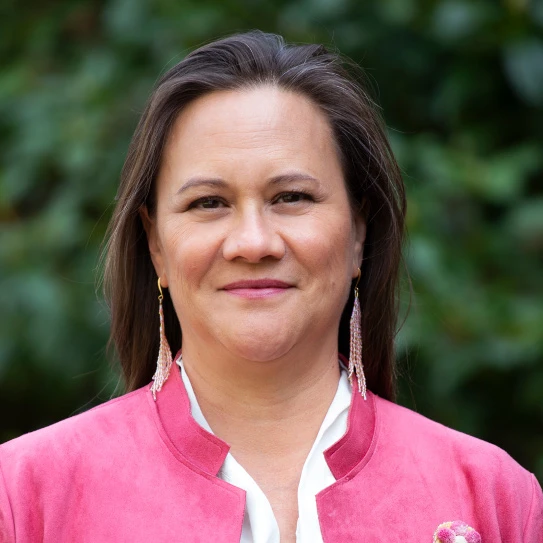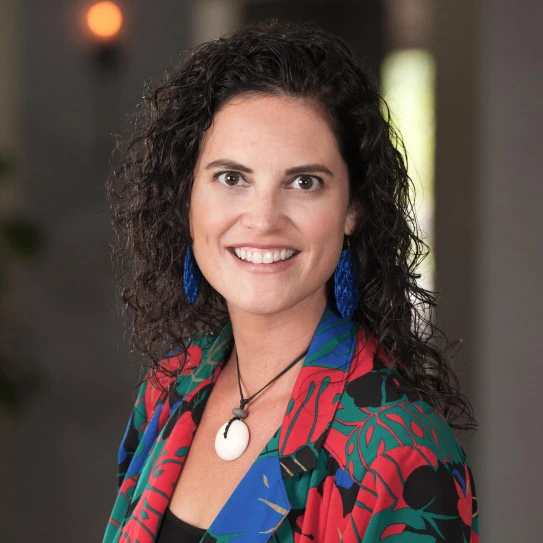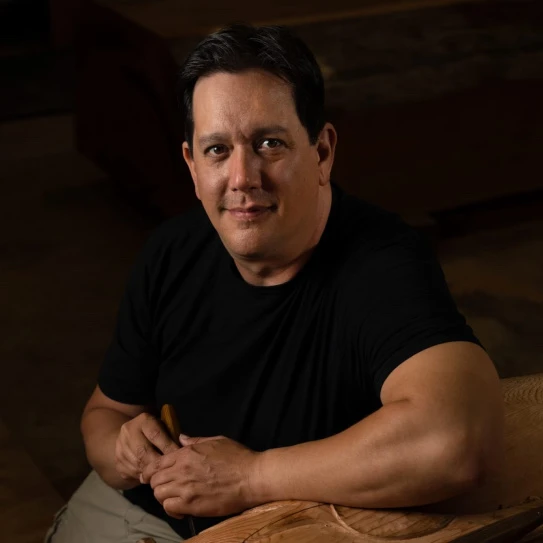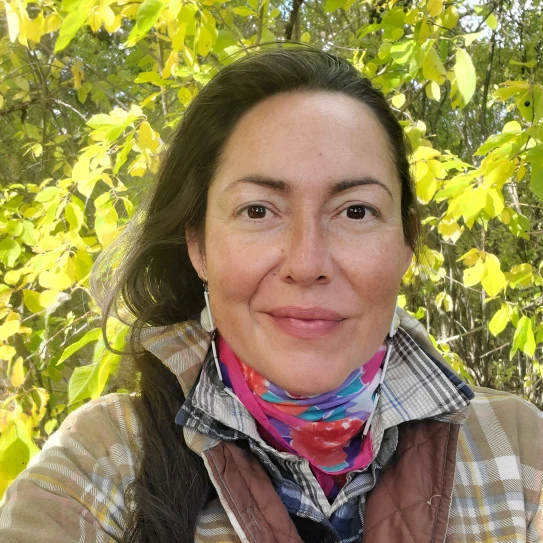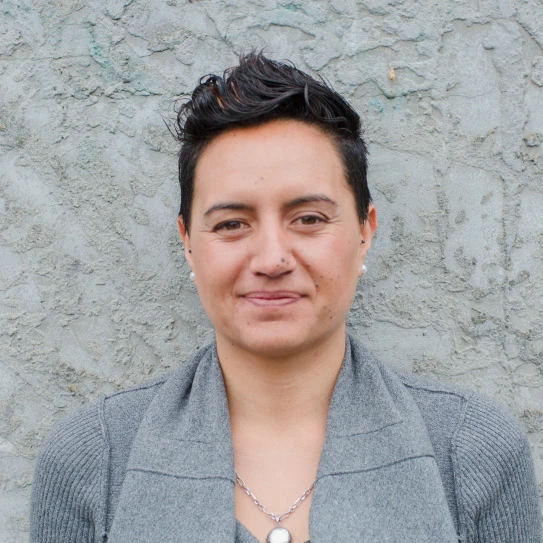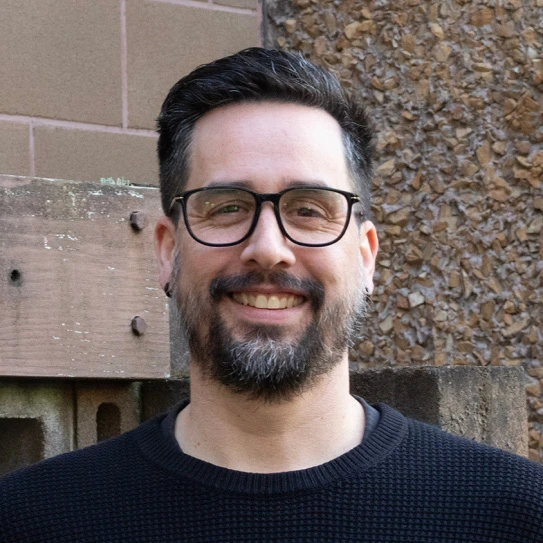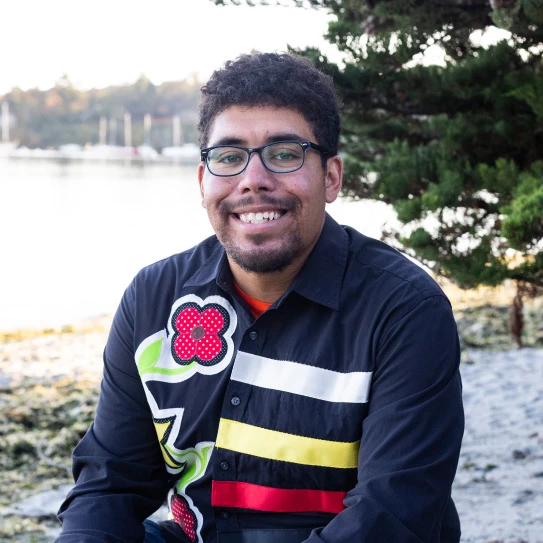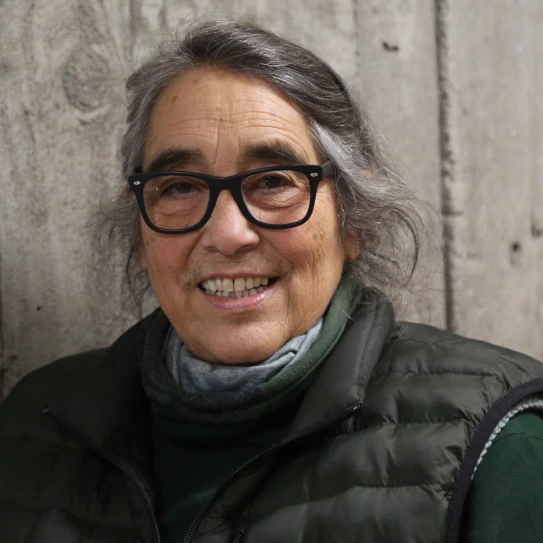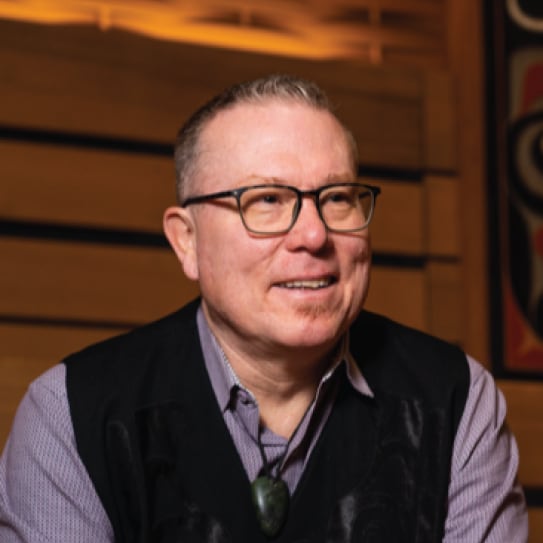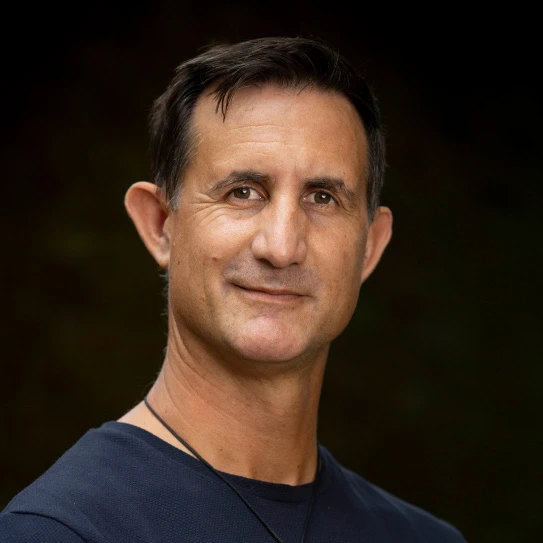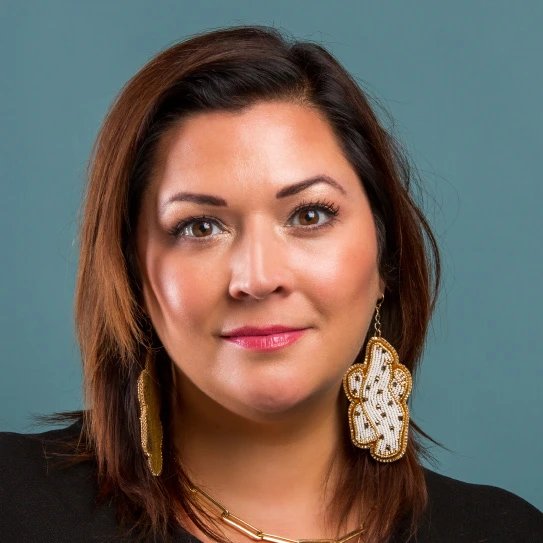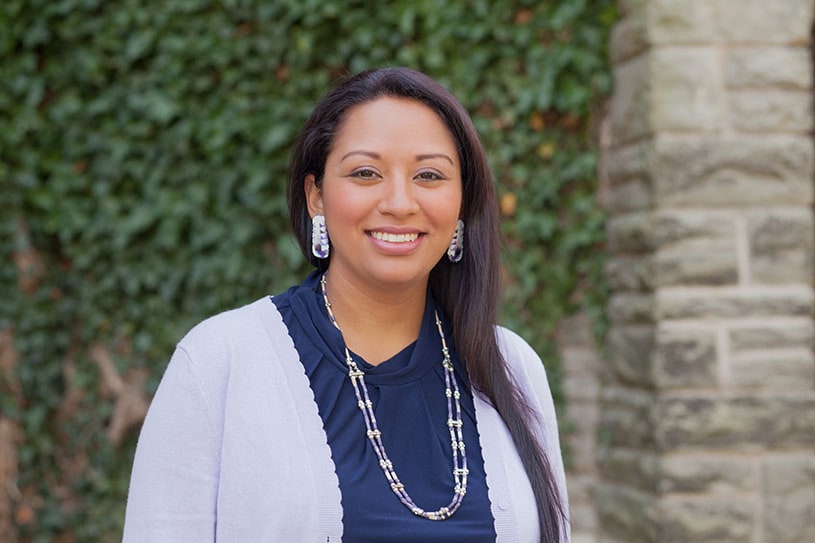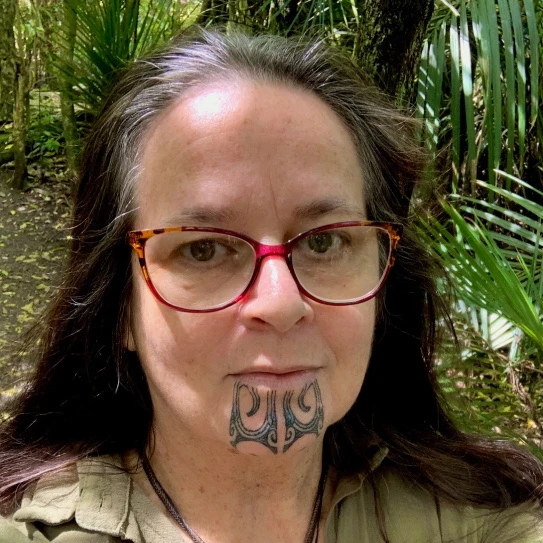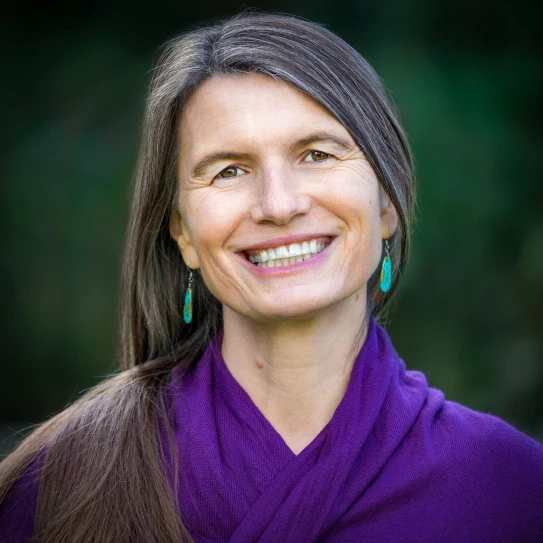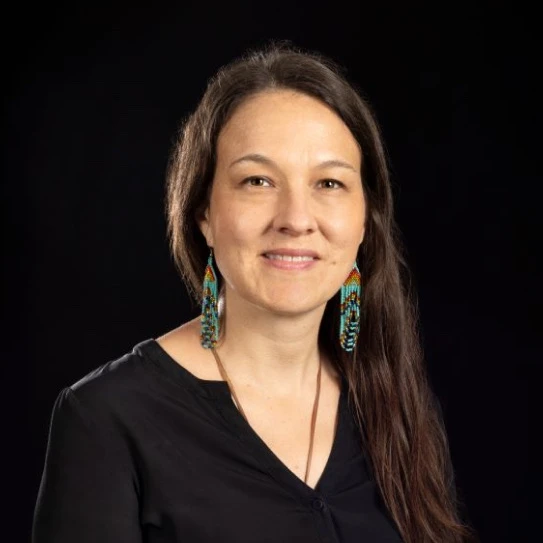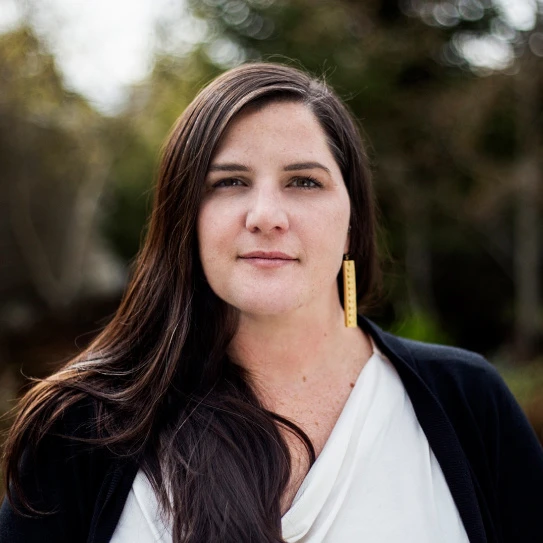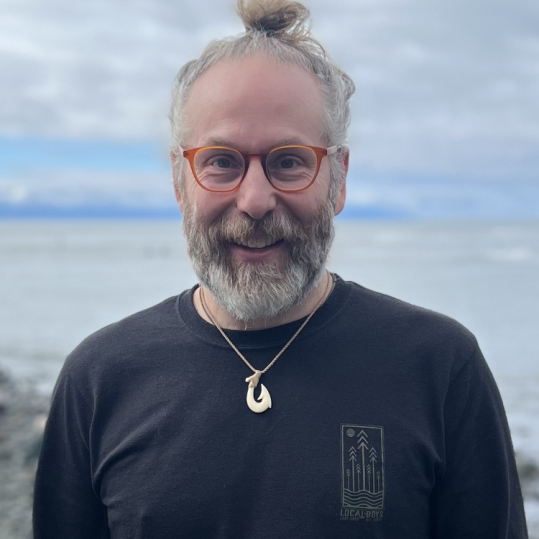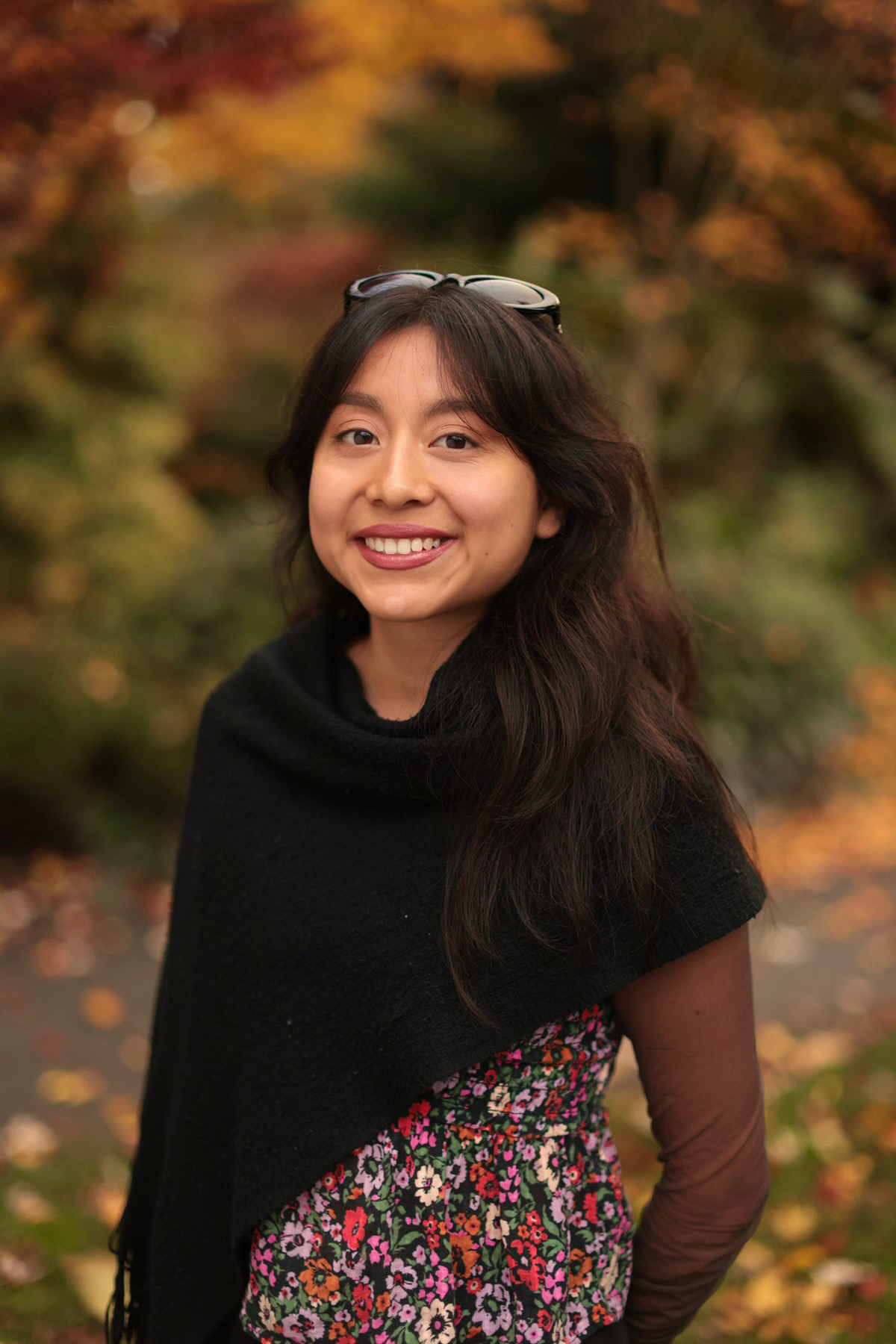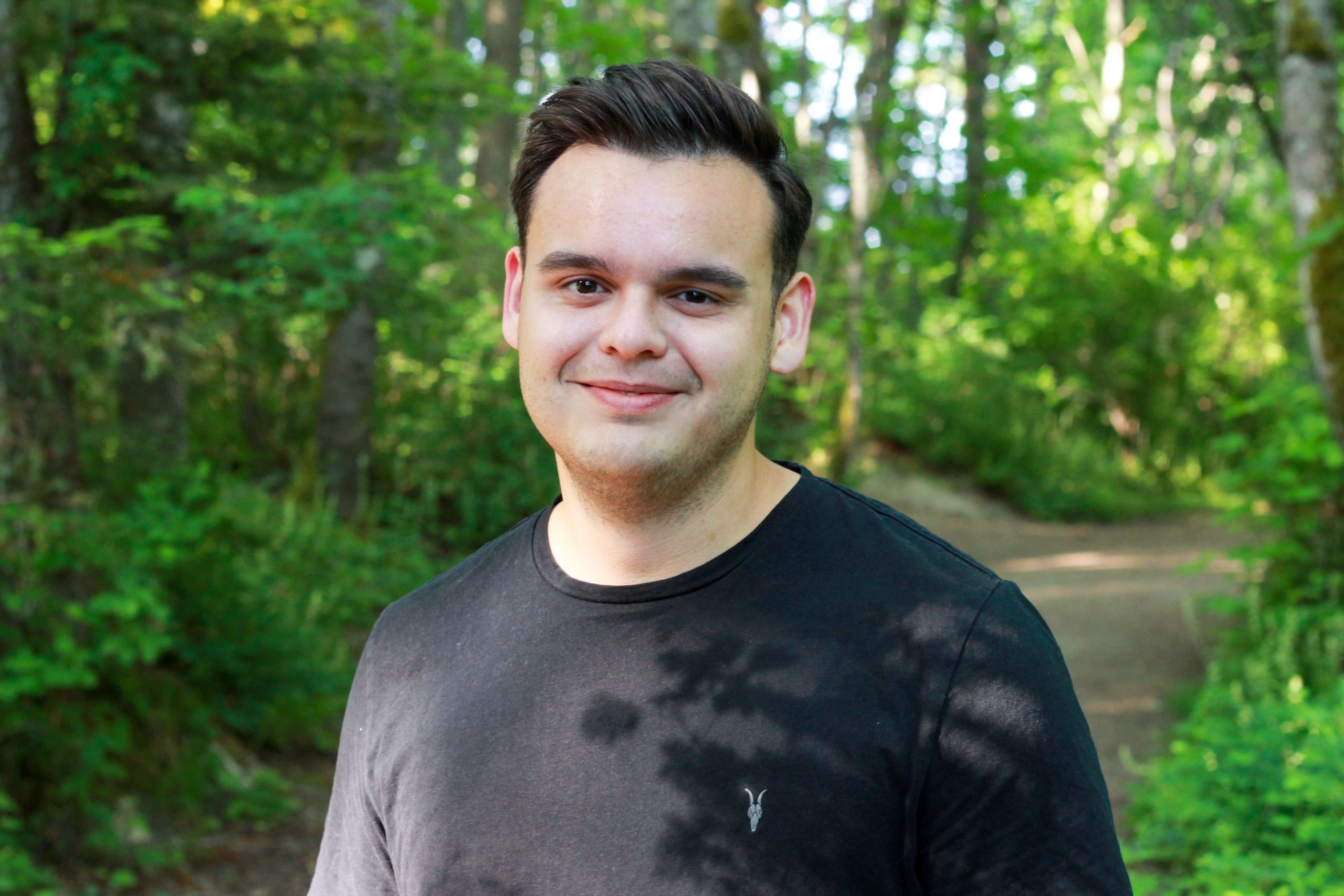Podcast: Play in new window | Download
Dr. Mary Tuti Baker is Kanaka Maoli and an assistant professor of Indigenous Politics and Futures at Western Washington University. Dr. Baker was born of the waters of Waimānalo Bay, Oʻahu, Hawaiʻi. She currently teaches Comparative Indigenous Studies at Western Washington University. Her work in Indigenous political thought examines the politics of decolonization, and articulations between and within Indigenous communities and non-Indigenous social justice movements which is reflected in her most recent work “A Garden of Political Transformation: Indigenism, Anarchism and Feminism Embodied,” published in Anarchist Developments in Cultural Studies. In this episode, Dr. Baker discusses the lessons she has learned from working closely with Hoʻoulu ʻĀina and other ‘Ōiwi (Native Hawaiian) organizations to understand Aloha ʻĀina. Aloha ʻĀina very roughly translates as love of the land. It is also a commitment to the land and to the lāhui or nation more broadly. Through stories of her family and activism with Ka Papa Loʻi o Kānewai and Kahoʻolawe, Tuti helps us understand Aloha ʻĀina as practices that allow kānaka (human persons) to reconnect with land and that bring about health and well being. In this episode, she also demonstrates how organizations, founded upon different politcal philosophies, can coexist in productive ways. For example, she shares stories of her work with Hoʻoulu ʻĀina and Kōkua Kalihi Valley as an example of how two organizations can come together to enact a model of care that is expansive, holistic, and centers wellbeing. She explains the productive possibilities between the political philosophy of anarchism and Indigenous resurgence and how they inform a Kīpuka Aloha ‘Āina model for planetary health.
This podcast is created by the Impact Chair in Transformative Governance for Planetary Health at the University of Victoria, with production from Cited Media. We are supported by grants from the Canadian Institutes of Health Researchand the Social Sciences and Humanities Research Council of Canada. You can find us at https://indigenousplanetaryhealth.ca/
